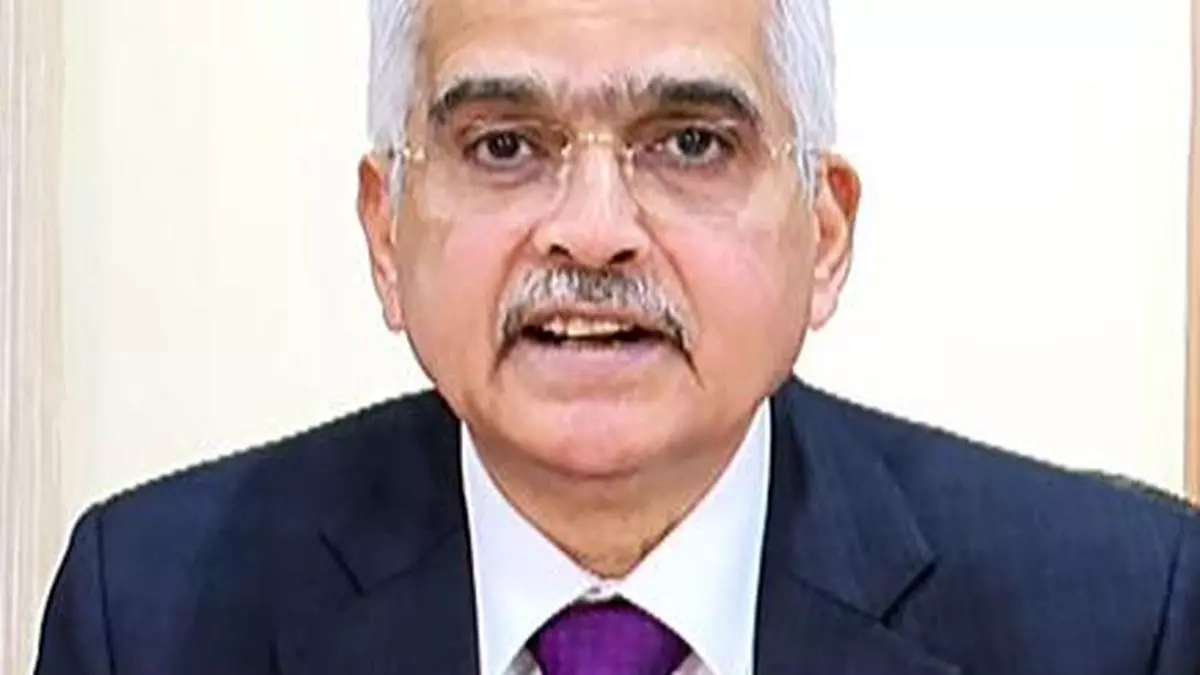RBI closely monitoring incoming data on unsecured retail loans
RBI Governor Shaktikanta Das ANI
| Photo Credit:
ANI
The Reserve Bank of India (RBI) is closely monitoring the incoming data on unsecured retail loans and reliance of non-banking finance companies (NBFCs) on bank funding to ascertain if further measures are necessary to moderate these loans and advances.
In November last year, RBI had flagged certain concerns on excessive growth in the unsecured retail loans and over-reliance of NBFCs on bank funding, Governor Shaktikanta Das said.
Recent data suggest that there is some moderation in these loans and advances, he added.
RBI had increased risk weights on unsecured consumer credit and bank credit to NBFCs on November 16, 2023 to pre-empt build up of any potential risk in these segments. Consequently, credit growth in unsecured personal loans such as ‘credit card outstanding’ declined from 34.2 per cent in November 2023 to 23.0 per cent in April 2024, while bank credit growth to NBFCs declined from 18.5 per cent in November 2023 to 14.4 per cent in April 2024.
Das said: “The Boards and top management of REs (regulated entities) should ensure that risk limits and exposures for each line of business are kept well within their respective risk appetite framework. The persisting gap between credit and deposit growth rates warrants a rethink by the Boards of banks to re-strategise their business plans. A prudent balance between assets and liabilities has to be maintained.”
The Governor emphasised that the message is that RBI is watchful of every aspect of the financial sector, especially banking sector. If and when further measures are required, they will be taken.
Build-up of risks
Deputy Governor Swaminathan J said: “Essentially, it is our intention to flag any possible build-up of risks. Potential areas of concern is what we keep looking for. And then it is our intention to communicate the same to the regulated entities (REs). We have requested the boards (of REs) to re-look and re-strategise their business plans, taking into account the widening gap between the growth in deposits and growth in their loan book. So, it is left to the individual entities, basis their business plans, and then, if it is required, they will have to modify their business plans to suit their long term sustainability.”
He emphasised that it not RBI’s intention to get into any micromanagement as to how business is done. The central bank will only look at macro level impact of any build-up of risks.
